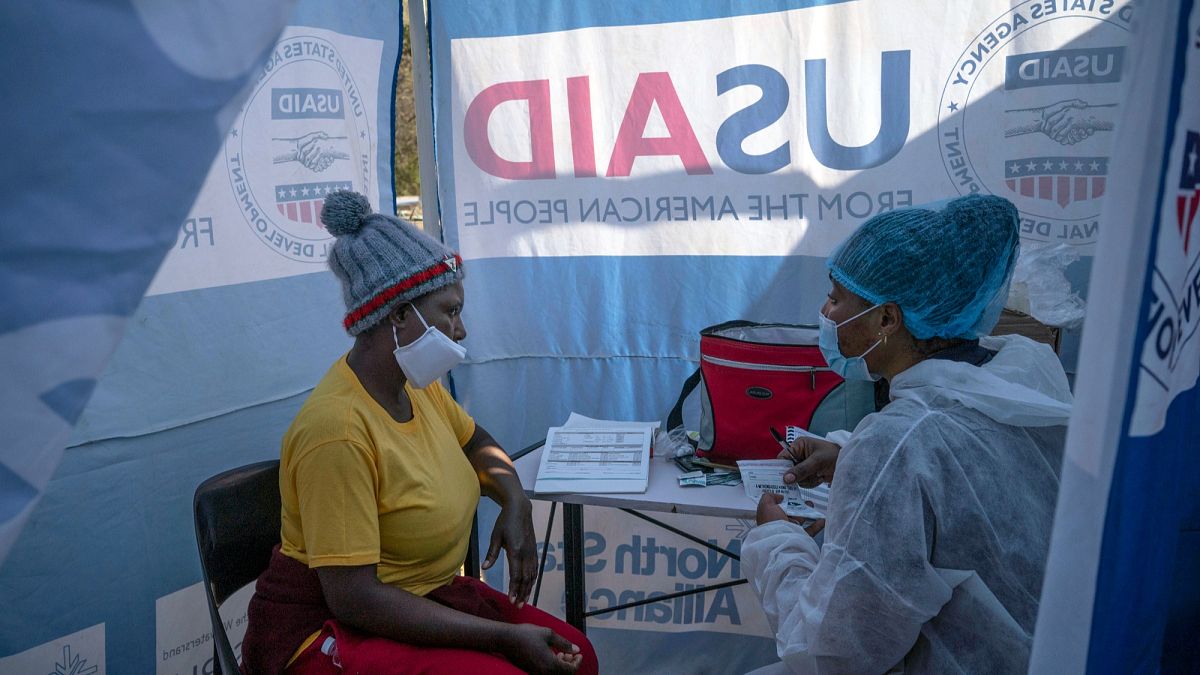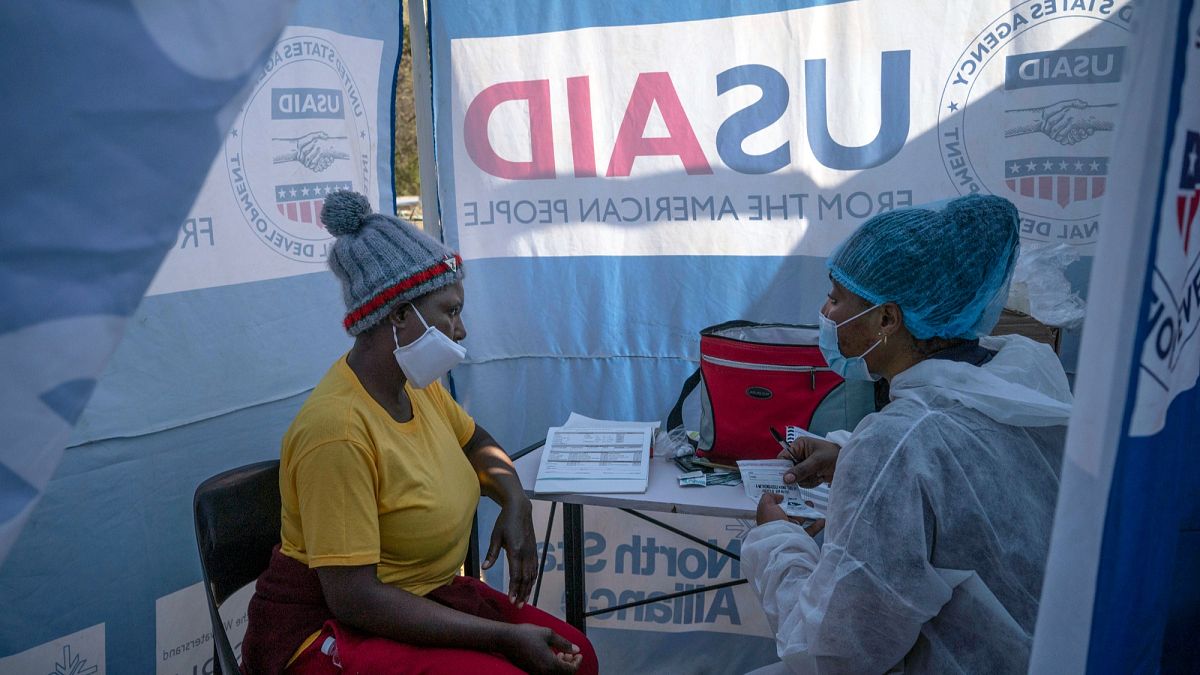Top Stories
Woman Arrested for 2009 Murder of Steven O’Meara in Wicklow

BREAKING: A woman in her 40s has been arrested on suspicion of murder in connection with the 2009 killing of Steven O’Meara. This urgent development comes as authorities continue their investigation into the brutal crime that left the community shaken for over a decade.
Steven O’Meara, a 26-year-old father of three, was last seen alive on August 6, 2009, in the Rosehill estate of Wicklow town. His body was discovered on Christmas Eve five months later, buried in a shallow grave in isolated woods at Ballydonnell, Redcross. The identification was made through dental records and fingerprints, with the Deputy State Pathologist, Dr. Khalid Jabber, confirming that the cause of death was due to gunshot wounds resulting in internal bleeding.
According to reports, Steven was believed to have been lured to the woods to meet a man regarding a drug debt, where he was ambushed and shot. The latest arrest was made this afternoon, and the suspect is currently being held under Section 50 of the Criminal Justice Act, 2007 at a Garda station in County Wexford.
This case has seen previous convictions; Michael Dickenson was sentenced to life in prison for the murder in 2012, while Clement Byrne was convicted of manslaughter in January 2013 and received an eight-year sentence. He has since been released.
As the investigation continues under the leadership of a Senior Investigating Officer in Wexford Garda Station, the community is left to grapple with the implications of this new arrest. The emotional toll of Steven’s murder continues to affect his family and friends, who have awaited justice for many years.
Stay tuned for more updates as this story develops.
Top Stories
Two Roads in Falcarragh Close for Urgent Resurfacing Today

UPDATE: Two major roads in Falcarragh will be closed today and tomorrow for urgent resurfacing work. The L1033 and L1023 roads in the Ballyconnell, Ballyness, and Drumnatinney areas are temporarily blocked from 8:00 AM to 5:30 PM each day, starting July 16, 2025.
This closure is expected to cause significant disruption for local residents and commuters. The Donegal County Council has confirmed the work is necessary for road safety and maintenance, apologizing for any inconvenience this may cause.
Residents are advised to plan alternative routes and expect delays in the area. The council urges travelers to remain vigilant and attentive to road signs indicating detours.
The resurfacing is part of ongoing infrastructure improvements aimed at enhancing road conditions across Donegal. With a growing population and increased traffic, these upgrades are critical to ensuring safe and efficient travel.
As the situation develops, stay tuned for updates on completion times and any further road changes. Share this news with those who may be affected!
Top Stories
Early Childhood Educators Demand Pay Parity Amid 20.7% Turnover

URGENT UPDATE: Early Childhood Ireland has launched a bold call for immediate pay parity between early childhood educators and primary school teachers. This demand comes in response to alarming statistics revealing a staggering 20.7% turnover rate among educators in Donegal, raising concerns about the sustainability of early childhood education in the region.
As part of their Budget 2026 submission, the organization is urging the government to set a timeline for implementing pay equality for Early Years and School Age Care graduates, who are equally educated and trained as their counterparts in primary education. Frances Byrne, Director of Policy at Early Childhood Ireland, stated, “Guaranteeing public pay and conditions for these graduates would mark a turning point for Donegal, where too many talented educators are lured away by sectors offering better pay and job security.”
This urgent plea comes as Donegal grapples with a significant workforce crisis in early childhood education. National figures reveal that over 2,000 staff with a National Framework of Qualifications (NFQ) Level 7 or above left their roles in 2023/2024 due to inadequate pay and conditions. The high turnover rate is undermining the quality of education and care available to young children, which is critical for their development.
Byrne highlighted the government’s current trajectory towards a graduate-led workforce, yet stressed that immediate action on pay issues is crucial. “Unless urgency is injected into resolving these pay disparities, our 127 member settings in Donegal will continue to lose their most qualified staff,” she added.
In response to the ongoing crisis, there have been proposals to increase minimum pay rates for staff by 10%, raising base wages from €13.65 to €15 per hour. While Byrne acknowledges that any increase is beneficial, she warns that the Early Years and School Age Care workforce remains vulnerable to annual fluctuations dictated by the Joint Labour Committee and the national Budget process.
“Year after year, staff are left uncertain about their financial future, while essential benefits like annual increments, pensions, and maternity leave top-ups remain out of reach,” Byrne explained. “Bringing Early Years and School Age Care graduates under public sector pay in line with teachers will not only provide much-needed stability but also recognize the vital role these educators play in shaping children’s lives.”
As this situation develops, the call for urgent government action is gaining traction. Early Childhood Ireland’s advocacy highlights the critical need for reform in the sector to ensure the retention of skilled educators and the overall quality of early childhood education in Donegal and beyond.
Stay tuned for further updates on this pressing issue as the government responds to these compelling demands from the early childhood education community.
Top Stories
Global Health Aid Plummets to Lowest Level in 15 Years

UPDATE: Countries are making drastic cuts to global health aid, plunging funding to its lowest level in 15 years. The latest analysis from the US-based Institute for Health Metrics and Evaluation (IHME) reveals that total health spending for lower-income nations has dropped to just $38.4 billion (€32.8 billion) in 2025, down from a record $80.3 billion (€68.6 billion) in 2021.
This alarming trend has been exacerbated by significant cuts from major donors. The United States, traditionally the world’s top health funder, plans to slash its foreign assistance by an unprecedented 67 percent this year compared to 2024, according to estimates. Such reductions in aid could jeopardize hard-won progress against critical diseases like HIV/AIDS, malaria, and tuberculosis, while also impacting access to pregnancy services and child healthcare.
The report highlights that global health funding was already declining post-COVID-19 pandemic but has now reached a critical low. Under current trends, researchers project a further 8 percent decline to approximately $36 billion (€30.8 billion) by 2030. Sub-Saharan Africa is expected to bear the brunt of these cuts, with funding anticipated to drop 25 percent since last year, and an additional 7 percent decrease forecasted over the next five years.
Dr. Angela Apeagyei, the lead author of the IHME study, warned,
“The drastic and abrupt reduction to global health aid could compromise the progress in health that has been achieved globally.”
In addition to the US, the United Kingdom, Germany, and France have also made significant reductions this year. The UK and Germany are redirecting funds to defense, while France has expressed concerns about the effectiveness of its health spending.
While some countries like Australia, Japan, and South Korea have slightly increased their health budgets, aid from nations such as Canada, China, and the United Arab Emirates (UAE) remains stagnant. However, researchers argue that these modest increases will not be sufficient to offset the substantial cuts from larger donors.
The implications of these funding reductions are profound. Vulnerable populations in lower-income countries may face deteriorating health outcomes, with reduced access to services that support maternal and child health, as well as critical public health initiatives. The decline in health funding could also worsen conditions related to water safety and food security, further exacerbating existing challenges.
As the global community grapples with these urgent issues, the call for immediate action and increased funding could not be more critical. Stakeholders and advocates are now urging governments to reconsider their priorities and ensure that the most vulnerable populations receive the support they desperately need.
Stay tuned for more updates on this developing situation as global health advocates push for urgent action.
Top Stories
Global Health Aid Hits 15-Year Low; US Cuts Lead the Decline

URGENT UPDATE: Global health aid has plunged to its lowest level in 15 years, driven by significant cuts from major donors, particularly the United States. A new analysis from the Institute for Health Metrics and Evaluation (IHME) reveals that international health funding for lower-income countries has dropped dramatically from $80.3 billion (€68.6 billion) in 2021 to just $38.4 billion (€32.8 billion) this year, marking a shocking decline.
This alarming trend comes as global powers, including the United Kingdom, Germany, and France, have all reduced their health spending in the wake of the COVID-19 pandemic. The report underscores the urgency of the situation, with funding expected to fall by another 8 percent to approximately $36 billion (€30.8 billion) by 2030.
The cuts pose a serious threat to years of progress against critical diseases such as HIV/AIDS, malaria, and tuberculosis. Researchers warn that diminished funding will severely limit access to essential health services including pregnancy care and children’s healthcare, jeopardizing food security and clean water access in the most vulnerable regions. Sub-Saharan Africa is projected to be the hardest hit, facing a staggering 25 percent reduction in health aid since last year, with an additional 7 percent decline expected in the coming five years.
Dr. Angela Apeagyei, the lead author of the study, stated,
“The drastic and abrupt reduction to global health aid could compromise the progress in health that has been achieved globally.”
The decline in funding is largely attributed to a 67 percent reduction in foreign assistance planned by the United States this year compared to 2024. This includes proposals to cancel previously approved funds for the U.S. Agency for International Development (USAID) and the President’s Emergency Plan for AIDS Relief (PEPFAR).
While some nations like Australia, Japan, and South Korea have increased their health spending slightly, the overall trend remains concerning. The United Kingdom and Germany have redirected substantial portions of their budgets to defense, while France has cut health funding due to domestic scrutiny over its effectiveness.
With the current economic climate and ongoing geopolitical tensions, experts stress that the pledges made by certain countries to increase health spending will not compensate for the significant cuts from larger donors.
The implications of these funding reductions are profound, affecting millions of lives and potentially setting back public health advancements for years to come. As the situation develops, observers urge governments and organizations to reconsider their priorities to avert a public health crisis on a global scale.
-

 Lifestyle1 day ago
Lifestyle1 day agoRyan Tubridy Enjoys Wimbledon Heat and Irish Connections
-

 World1 day ago
World1 day agoAristocrat Constance Marten and Partner Convicted of Infant Murder
-

 Top Stories1 day ago
Top Stories1 day agoClashes Erupt Between Far-Right Groups and Migrants in Spain
-

 Health1 day ago
Health1 day agoIrish Households Advised to Avoid Fabric Softener Amid Pollen Spike
-

 Top Stories14 hours ago
Top Stories14 hours agoDublin Traffic Disruptions: Multiple Collisions Cause Major Delays
-

 Entertainment1 day ago
Entertainment1 day agoDiscover Today’s Exciting TV and Streaming Lineup
-

 Business1 day ago
Business1 day agoSunshine 106.8 Boosts Irish Music After Regulator’s Request
-

 Top Stories8 hours ago
Top Stories8 hours agoHistoric Dalkey Pub The Queens Reopens Under New Management
-

 Business17 hours ago
Business17 hours agoAI Drives Competition and Opportunities in Irish Job Market
-

 Health1 day ago
Health1 day agoHealth Expert Addresses Concerns Over Cellulitis and Migraines
-

 Sports23 hours ago
Sports23 hours agoShane Lowry Aims for Open Glory with Renewed Focus
-

 Entertainment21 hours ago
Entertainment21 hours agoExploring AI Relationships: The Case of ‘Sharon’ and Emotional Impact








